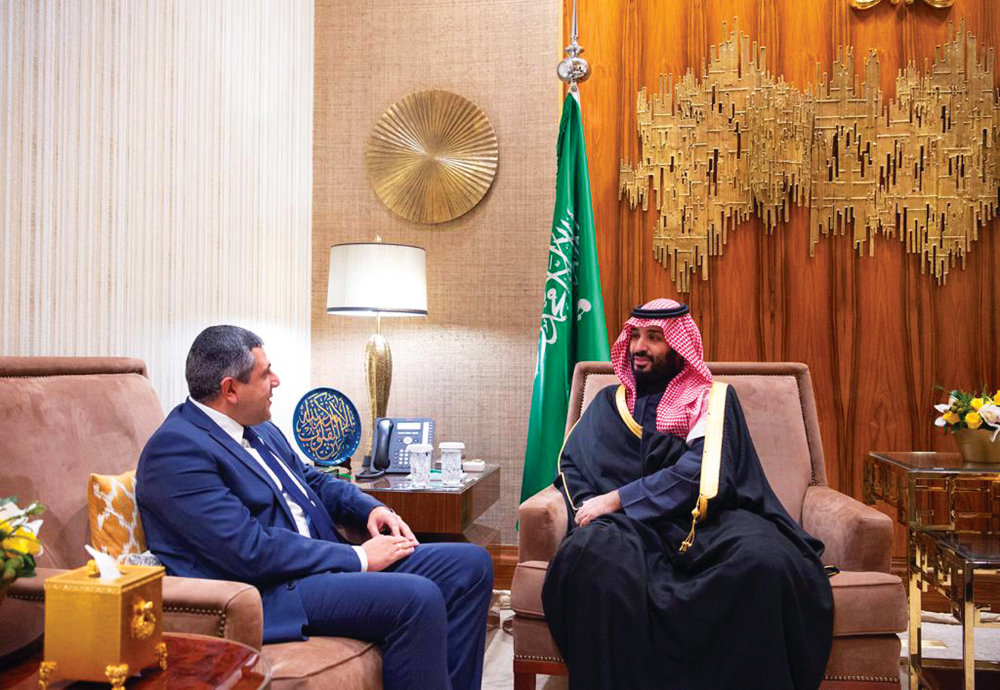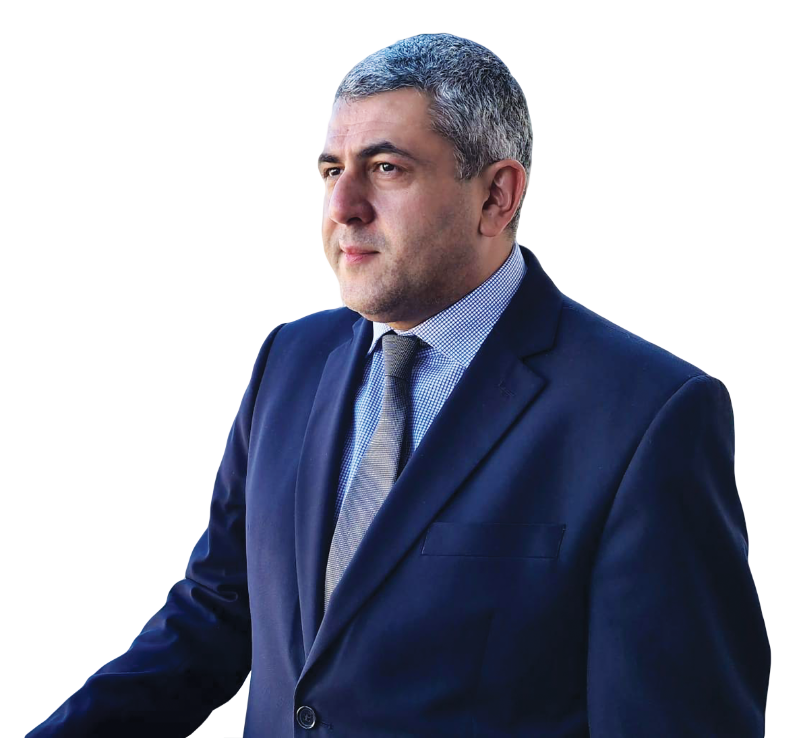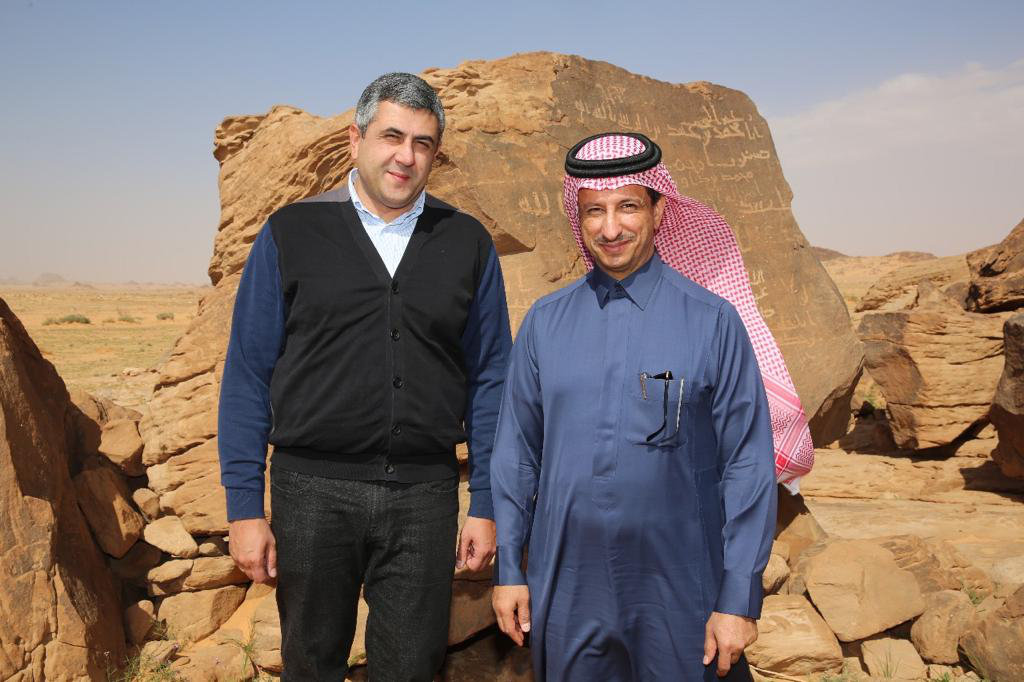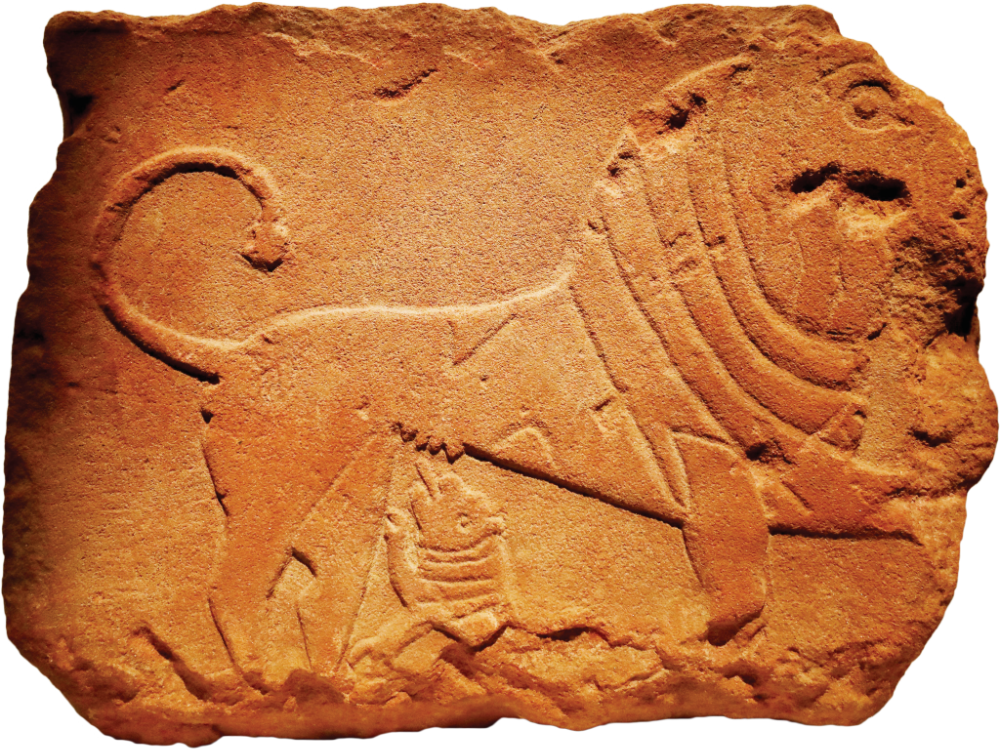RIYADH: The tourism industry in the Middle East and North Africa region has taken a drastic hit since the onset of the coronavirus disease (COVID-19) pandemic.
From Morocco in the west to Oman in the east, tourism has played a significant role in generating jobs and sustaining local economies in a part of the world famous for its holy cities, cultural heritage sites, sandy beaches and glittering metropolises. Ballpark figures of losses suffered by the sector run into billions of dollars.
Nevertheless, Zurab Pololikashvili, secretary-general of the United Nations World Tourism Organization (UNWTO), is cautiously optimistic that the Middle East can bounce back from the pandemic quickly and that Saudi Arabia has a vital role to play in the expected recovery.
“We really hope that with such strong partners and friends, we can make tourism a priority,” Pololikashvili said in an exclusive, wide-ranging interview with Arab News.

Pololikashvili, left, says Crown Prince Mohammed bin Salman has been very supportive of the Kingdom’s tourism sector during the pandemic. (Supplied )
Q: Tourism ministers of the G20 held a meeting in the first week of July to explore means to boost tourism. What, in your opinion, were the key takeaways?
A: Firstly, I would like to congratulate Saudi Arabia as the host of the G20 summit meetings. We started preparatory meetings in April because of the COVID-19 pandemic. We had other ideas but decided to change the format.
As I mentioned, in April we had a very interesting meeting with the G20 ministers. We discussed how to restart tourism and how the industry can recover, both during and after the pandemic. G20 countries collectively account for more than 70 percent of the global GDP, of which tourism is a big part.
We created a crisis committee where we presented our vision and ideas. Saudi Arabia was a highly active member of this committee. We had five meetings. The objective was to prepare short-term and long-term plans on how to restart tourism.
The situation was evolving on a daily basis. It was a very uncertain moment to discuss the issue, but we finally received recommendations, protocols and guidelines for G20 member states on actions to take both during and after the pandemic.
The main topics will be discussed at the G20 meeting, where we will present two different projects led by Saudi Arabia, one of which concerns the empowerment of women in the Middle East as well as the rest of the world.

Pololikashvili was instrumental in developing tourism in Georgia when he was economics minister. (Supplied)
Sustainable development is another one of the main goals of our discussion in Riyadh. Unfortunately, it will be the first time the G20 tourism ministerial meeting will be held via video conference, which is a challenge.
We will give a presentation on the future of tourism, in which the ministers will discuss how we are going to adapt to new lifestyles, new economies and new challenges that we will face after COVID-19.
I will do my best to be in Riyadh during this meeting and conduct it with His Excellency Ahmed Al Khateeb, Saudi Arabia’s minister of tourism, and the G20 ministers.
Q: The pandemic has led to an unprecedented drop in tourism demand. International tourist numbers will fall by 60 to 80 percent in 2020, according to UNWTO future scenarios. How can the industry become robust again?
A: The most important thing is health. Let us see how the pandemic plays out in the coming months. We are truly optimistic that step-by-step, borders will reopen.
The two main components necessary to restart tourism are reopened borders and a return to the connectivity that we had before.
Currently, many airline companies are in trouble without connectivity because 70 percent of visitors travel by airplane. Recovery depends on how fast connectivity can restart and how soon borders reopen, but also on how the pandemic will be evaluated in different parts of the world.
The situation is changing every day. I will be very honest: It is impossible today to make a forecast for the next year.
There is much uncertainty. While we can’t predict entirely what will happen, we will be better prepared for what comes in 2021.
If everything goes smoothly, I think 2021 will be much better than 2020, which was a disaster year for the tourism sector. I am sure that in 2021 we will come back with much better figures than this year.
Q: You recently spoke with the Saudi tourism minister and praised Saudi Arabia’s efforts to restart tourism. What impressed you about the Kingdom’s plans?
A: I forgot to mention that the third part of the G20 summit discussion will concern jobs and skill-building.
We are talking about creating one million new jobs in Saudi Arabia through tourism, so we will need trained and well-prepared new professionals. We embarked on a monumental project about eight months ago to this end.
We have a special Saudi program that will be launched at the end of September. The idea is to be ready, after two or three years, to prepare young men and women who will be involved in this mega project, in which Saudi Arabia is investing over the next five to six years.

Pololikashvili, left, with Saudi Minister of Tourism Ahmed Al Khateeb at Al-Ula. (Supplied)
The project aims to create an educational hub for the Middle East in Saudi Arabia. We will thus focus a lot on education, which is a big part of tourism. Without a professional and well-educated workforce, it is impossible to develop tourism.
Q: Small and medium-sized enterprises (SMEs) make up 80 percent of global tourism, so they are especially vulnerable to the COVID-19-linked downturn. What can governments around the world do to ensure their survival?
A: Starting from the first day, we issued recommendations and asked countries and member states to support the private sector, especially SMEs, which are still in big trouble.
We always use Saudi Arabia as an example. From the very beginning, the government led by His Royal Highness Prince Mohammed bin Salman, whom I had the honor of meeting, has been very committed to the tourism sector.
At a time when financial investments in SMEs and millions of jobs are at risk, Saudi Arabia is one of the best examples we can show to other member states to encourage them to support companies, entrepreneurs and people involved in the tourism industry. Saudi Arabia’s financial support is crucial for people in the SME sector.
We know this is neither easy nor cheap, but it is a smart and important decision to help the sector survive.
We are working on a lot on innovation. We want to export Saudi talent outside the country. We believe that there is an abundance of creative people and ideas in the sector, and we want to give them an opportunity to showcase their projects globally.
IN NUMBERS
- 67 million - Fewer international tourists as of March 2020.
- $80 billion - Lost exports over the same period.
- 60-80% - Projected decline over the whole year.
- 100-120 million - Direct tourism jobs potentially at risk.
Q: What are your thoughts on the latest Saudi domestic travel packages as a summer offer?
A: After the pandemic, I think people will start to travel domestically, not only in Saudi Arabia but also across the rest of the world.
That means that, in a period of one and a half years, people will travel more within countries than abroad because there are still many closed borders and restrictions on travel.
People will use their holidays to travel inside their countries, which will be also beneficial for these local destinations.
We declared this year as the “Year of Rural Tourism” without knowing that a pandemic would happen. The idea was to promote regional tourism development and create new jobs there. In Saudi Arabia, you have mountains, the Red Sea and cultural tourism.
All these destinations offer Saudis the opportunity to travel inside the country. Step by step, tourism will develop and become an important part of Saudi life.
Q: As the minister of economic development, you helped tourism kick off in Georgia. What advice do you have for Saudi Arabia, a country that just last September began welcoming international tourists to its UNESCO sites, only to be forced by the pandemic to put its plans on hold?
A: I think the first very step Saudi Arabia took to open its borders and make the country more accessible was an important one.
The second step is connectivity. Saudi Arabia has excellent opportunities and the capacity to become a new hub for the region in the coming years. It has created tourism products such as cultural tourism. The Red Sea and Neom are other excellent opportunities to invest in.
Every time I travel to Riyadh, I feel at home. The people are very friendly, and the country is opening up more in a sense.
Different factors will make Saudi Arabia attractive to tourists and travelers: diverse destinations, educated staff, high-quality services and the presence of more international companies’ representatives in the Kingdom.
Q: Have you visited UNESCO World Heritage sites in Saudi Arabia?
A: We visited the historical district of Riyadh, where it was planned to organize the G20 meeting. I also had the opportunity to travel to AlUla, which I found to be unique and one of the best UNESCO Heritage sites. From what I saw there, I am certain it will become a must-see destination.
People outside the Kingdom do not know the beauty of AlUla; it will be one of the most important assets to promote. I know the investments the Saudi government has made to the project in the past two years.
I remember being one of the first tourists when it had just opened up to visitors in February and March. I always say that once tourists and people recognize a destination, it does not need any recognition from international organizations. I am sure this will be the case for AlUla. A destination recognized by tourists means it is recognized by the whole world.

A bas-relief decorated with a lion dating from the fifth to first century BC found in AlUla Valley. (Supplied)
Q: Final question: Is there a road map for a rejuvenation of the Gulf Cooperation Council bloc’s tourism sector?
A: I think we have two international hubs in the Middle East: Dubai and Doha. Others include Bahrain, Oman and of course Saudi Arabia, which is the future of tourism. I see Riyadh and the whole country as another mega hub in this part the world.
I am sure that we will hear good news coming from the region in the future. I am also sure that one of the first regions to recover over the next two years will be Europe because it is concentrating a lot on tourism.
We have excellent news from Brussels in the form of financial support for all leading EU member countries.
If we compare the Middle East to other regions, it too is under control and in a good situation. This gives us hope that it will quickly recover and become once again a widely visited global destination.
************
Twitter: @HussamMayman



















